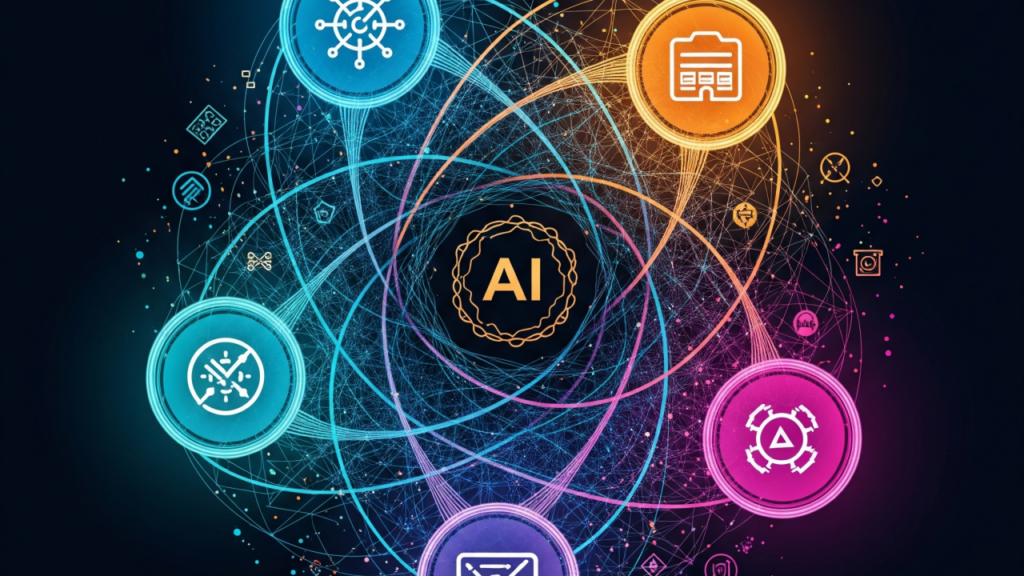Artificial intelligence is rapidly emerging as a transformative force, reshaping international interactions and fostering a new type of cohesion. Unlike traditional state-driven globalization, AI promotes participatory, networked, and inclusive engagement across borders.
Through open-source platforms, collaborative algorithms, and decentralized networks, individuals, organizations, and communities can connect, innovate, and coordinate globally. These systems reduce reliance on conventional political and economic hierarchies, creating channels for shared knowledge, cultural exchange, and cooperative problem-solving.
“AI is no longer just a tool for business or research. It’s creating a participatory global ecosystem where ideas, resources, and innovations flow more freely,” experts say.
Driving Collaboration Across Sectors
AI is redefining international collaboration in areas such as:
- Scientific research – enabling shared data and distributed modeling
- Climate and environmental initiatives – providing predictive analytics and global coordination
- Humanitarian aid – streamlining responses and resource allocation
- Economic development – fostering cross-border innovation and entrepreneurial ecosystems
By embedding intelligence in distributed networks, AI encourages transparency, faster decision-making, and adaptive responses to global challenges, facilitating more effective cooperation than traditional hierarchical approaches.
Challenges and Considerations
While AI offers transformative potential, experts caution about:
- Algorithmic biases – ensuring fairness in decision-making systems
- Unequal access – preventing digital divides that could reinforce inequality
- Governance and accountability – establishing standards for ethical use
Proponents, however, emphasize that open-source AI frameworks and collaborative infrastructures are creating unprecedented opportunities for inclusivity, allowing global communities to participate actively in shaping solutions.
Looking Ahead: AI as a Global Force
As AI continues to evolve, its influence on geopolitics, economics, and social structures could rival the impact of the internet. Nations, corporations, and individuals are increasingly interconnected through AI-driven networks, suggesting a future where global collaboration is faster, smarter, and more inclusive.

